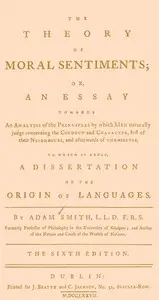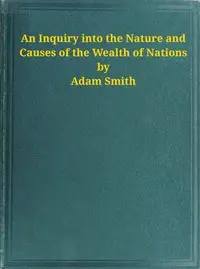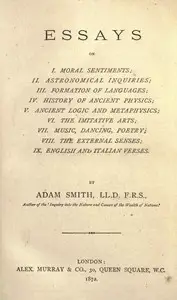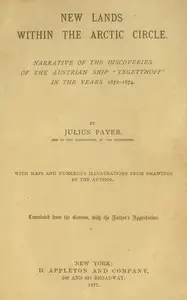"The Theory of Moral Sentiments" by Adam Smith is a philosophical treatise written in the mid-18th century. The book explores the principles that govern human morality, particularly focusing on how individuals judge the conduct and character of themselves and others. It delves into concepts such as sympathy, propriety of actions, and the moral feelings that arise in social interactions. At the start of the work, Smith introduces the foundational idea that human beings possess inherent principles that make them care about the well-being of others, attributing it to emotions like pity and compassion. He argues that people assess the emotions and actions of others through the lens of their own feelings and experiences. The opening chapters articulate how sympathy operates in understanding both joy and sorrow, laying the groundwork for his detailed analysis of moral sentiments and behaviors throughout the text. (This is an automatically generated summary.)

The Theory of Moral Sentiments Or, an Essay Towards an Analysis of the Principles by Which Men Naturally Judge Concerning the Conduct and Character, First of Their Neighbours, and Afterwards of Themselves. to Which Is Added, a Dissertation on the Origin of Languages.
By Adam Smith
"The Theory of Moral Sentiments" by Adam Smith is a philosophical treatise written in the mid-18th century. The book explores the principles that gove...
Adam Smith was a Scottish economist and philosopher who was a pioneer in the thinking of political economy and key figure during the Scottish Enlightenment. Seen by some as "The Father of Economics" or "The Father of Capitalism", he wrote two classic works, The Theory of Moral Sentiments (1759) and An Inquiry into the Nature and Causes of the Wealth of Nations (1776). The latter, often abbreviated as The Wealth of Nations, is considered his magnum opus and the first modern work that treats economics as a comprehensive system and as an academic discipline. Smith refuses to explain the distribution of wealth and power in terms of God's will and instead appeals to natural, political, social, economic, legal, environmental and technological factors and the interactions among them. Among other economic theories, the work introduced Smith's idea of absolute advantage.
















